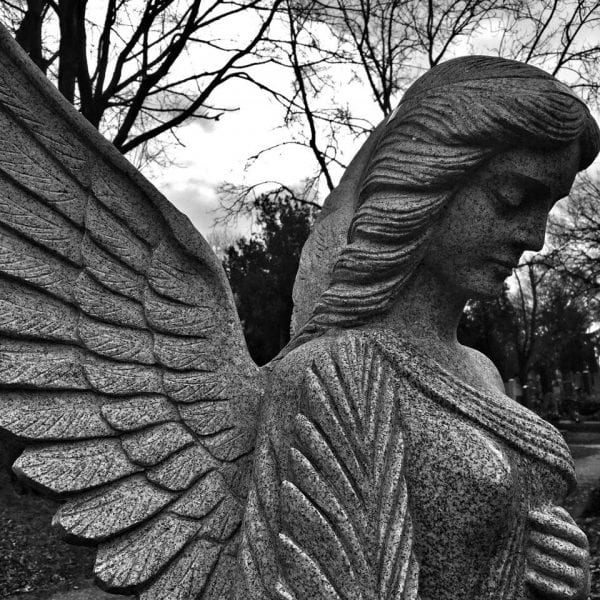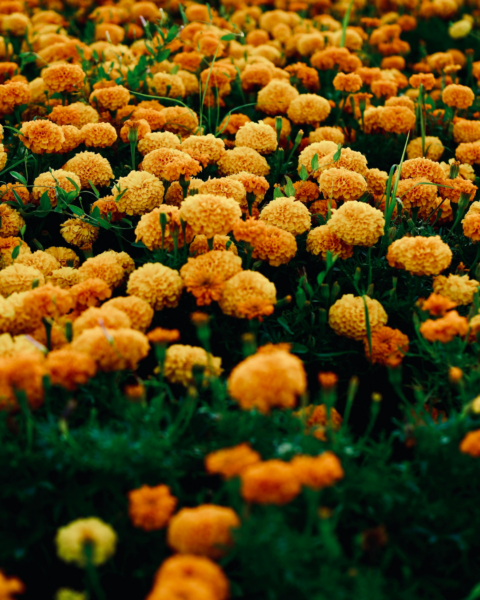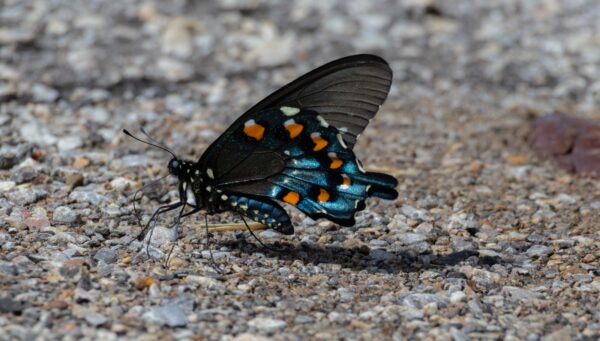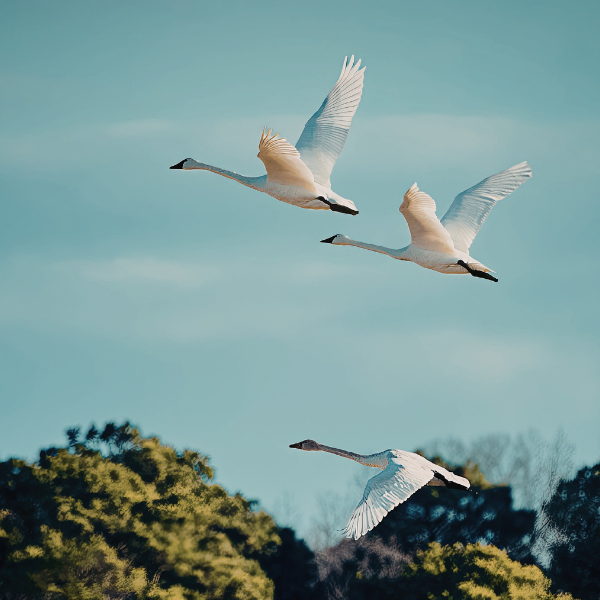 Dearest monks and artists,
Dearest monks and artists,
I was first diagnosed with rheumatoid arthritis when I was 21 years old. The only other person I knew at the time with this disease was my mother and her body had been ravaged by the effects of deterioration, with multiple joint replacements and eventually use of an electric wheelchair for mobility.
I first dealt with my diagnosis through denial. I had just graduated from college and travelled across the country to begin a year of volunteer work. I managed to push my way through fatigue and pain for about six years before I was forced to stop. I was teaching high school at the time and my wrists were growing ever more painful. An x-ray revealed severe damage to the joints despite the aggressive medication I had been taking.
My doctor urged me to stop teaching, it was too much for my body. Thankfully I had private disability insurance through the school where I worked that helped sustain me financially first through a year of rest and healing and later through five years of graduate work to earn a PhD. I lived much of that time with the fear I would never be able to support myself financially. I was profoundly grateful for my loving husband who worked to provide for our needs.
During that first year of disability, without any work to claim when people asked me “what do you do?”, I was often in emotional pain as well over the loss of an identity. I didn’t look sick and often came judgment from others, or inner judgment about why I wasn’t trying harder. Many were supportive, but others offered unwelcome advice or explanations about how I wasn’t thinking the right thoughts. Dr. Joan Borsyenko describes this as “new age fundamentalism.”
A great gift arrived to me one day at church, when a woman asked me that dreaded question. I responded about taking time for healing and she said, “oh, you’re on a sabbatical.” And with that phrase came a wave of relief, a connection to ancient wisdom about our need at times for deep restoration. My body responded with such release.
Language has a way of breaking us through to new understandings, to shift us out of old stories which bind us. Illness can move us into a landscape where we feel keenly a sense of being a stranger – whether to our own bodies, or in navigating health care systems and doctors to find relief and support.
It has been my experience of illness that has been one of the greatest teachers about how to listen to my body’s wisdom and fall in love with her again. Chronic illness can be a kind of sacred journey which doesn’t require that I dismiss the profound pain and uncertainty it brings. Instead it asks me to embrace mystery and unknowing, to seek fellow companions along the way, to understand that the profound discomfort of having so much stripped away can reveal my own gifts in service of healing others.
The year I turned forty I flew to Vienna, Austria by myself for a time of retreat. During the flight I developed a pulmonary embolism which took me several days to get treated. It was terrifying to realize I could have easily died walking alone on those city streets. In allowing myself to be fully present to the fear, to witness my experience with profound compassion, I found myself moving away from the victim’s cry of “why me?” We will never know the answers to those questions.
There is powerful Greek myth about the young maiden Persephone who is abducted into the Underworld by Hades. It is a story of innocence lost. Many of us diagnosed with serious illness feel in some ways “abducted” by forces more powerful than ourselves. Persephone was told that if she ate anything while there she would need to stay, and while some versions say she was tricked into eating the pomegranate seeds, I prefer the versions where she makes this choice herself. As a result she is required to stay there part of each year and becomes the Queen of the Underworld.
She moves from victim to sovereignty. She steps into her role as guide and companion to others who find themselves in that Underworld territory. She becomes the wounded healer. Her wholeness is in both body and soul. We are invited to this wholeness ourselves. When we meet illness with compassion and attention, it can become a journey of initiation into a way of being that deeply honors the paradoxes of life and treasures the tender and grace-filled vulnerability of our bodies.
Join us for a powerful journey of returning home again: The Wisdom of the Body online retreat starts tomorrow! Through the wisdom of the Christian contemplative tradition and body awareness practices informed by yoga, movement, and meditation, you will be invited to fall in love with your body again. Includes live webinars, guest teachers, and a lovingly facilitated forum.
You can also read my reflection on the feast of Epiphany at the Abbey blog>>
With great and growing love,
Christine
Christine Valters Paintner, PhD, REACE
Photo © Christine Valters Paintner



